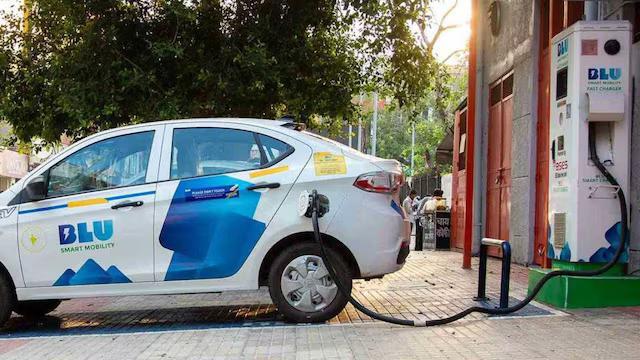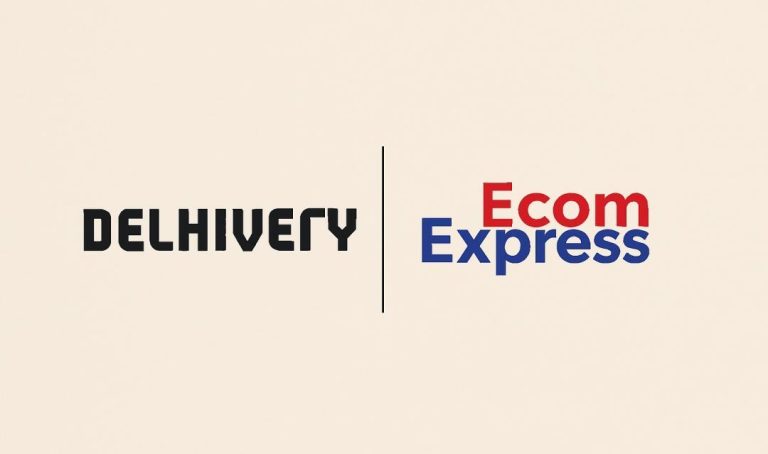
OpenAI & Elon Musk Agree to Fast-Track Trial over For-Profit Model
In a recent development, Elon Musk and OpenAI have agreed to fast-track a trial regarding OpenAI’s transition to a for-profit model, according to a court filing. This decision comes after a court previously denied Musk’s request to pause OpenAI’s transition to the model. The controversy surrounding OpenAI’s shift from a non-profit to a for-profit entity has been ongoing for some time, with Musk, one of OpenAI’s co-founders, accusing the company of straying from its original goal of creating AI for humanity’s benefit.
Last year, Musk sued OpenAI and its CEO Sam Altman, alleging that the company was abandoning its original mission and prioritizing profits over people. Musk’s lawsuit claimed that OpenAI’s decision to become a for-profit entity would lead to the misuse of AI technology, potentially harming humanity. OpenAI, on the other hand, argued that the transition to a for-profit model would allow it to expand its research and development efforts, ultimately benefiting humanity.
The court’s denial of Musk’s request to pause OpenAI’s transition set the stage for the fast-tracked trial, which is expected to begin soon. In a statement, Musk’s legal team expressed disappointment with the court’s decision, saying that it would allow OpenAI to “rush headlong into a for-profit model without fully considering the potential consequences.”
OpenAI’s CEO, Sam Altman, has defended the company’s decision to transition to a for-profit model, arguing that it would allow for greater flexibility and autonomy in its research and development efforts. In a statement, Altman said that “the vast majority of our work is focused on long-term research and development, and we believe that a for-profit model will allow us to be more effective in achieving our goals.”
The controversy surrounding OpenAI’s shift to a for-profit model has sparked heated debate among AI experts, ethicists, and industry leaders. Some have argued that the transition is necessary for OpenAI to remain competitive and financially sustainable, while others have expressed concerns about the potential risks and consequences of prioritizing profits over people.
The fast-tracked trial is expected to shed more light on the legal and ethical implications of OpenAI’s transition to a for-profit model. The trial will likely involve testimony from key witnesses, including Musk and Altman, as well as experts in AI and ethics.
The outcome of the trial will have significant implications for the future of AI research and development. If OpenAI is allowed to proceed with its for-profit model, it could potentially set a precedent for other AI organizations to follow. On the other hand, if the court rules in Musk’s favor, it could delay or even prevent OpenAI’s transition to a for-profit model.
Regardless of the outcome, the controversy surrounding OpenAI’s shift to a for-profit model serves as a reminder of the need for careful consideration and oversight in the development and deployment of AI technology. As AI continues to evolve and play an increasingly important role in our lives, it is essential that we prioritize ethical considerations and ensure that AI is developed and used in a way that benefits humanity.
Source:






